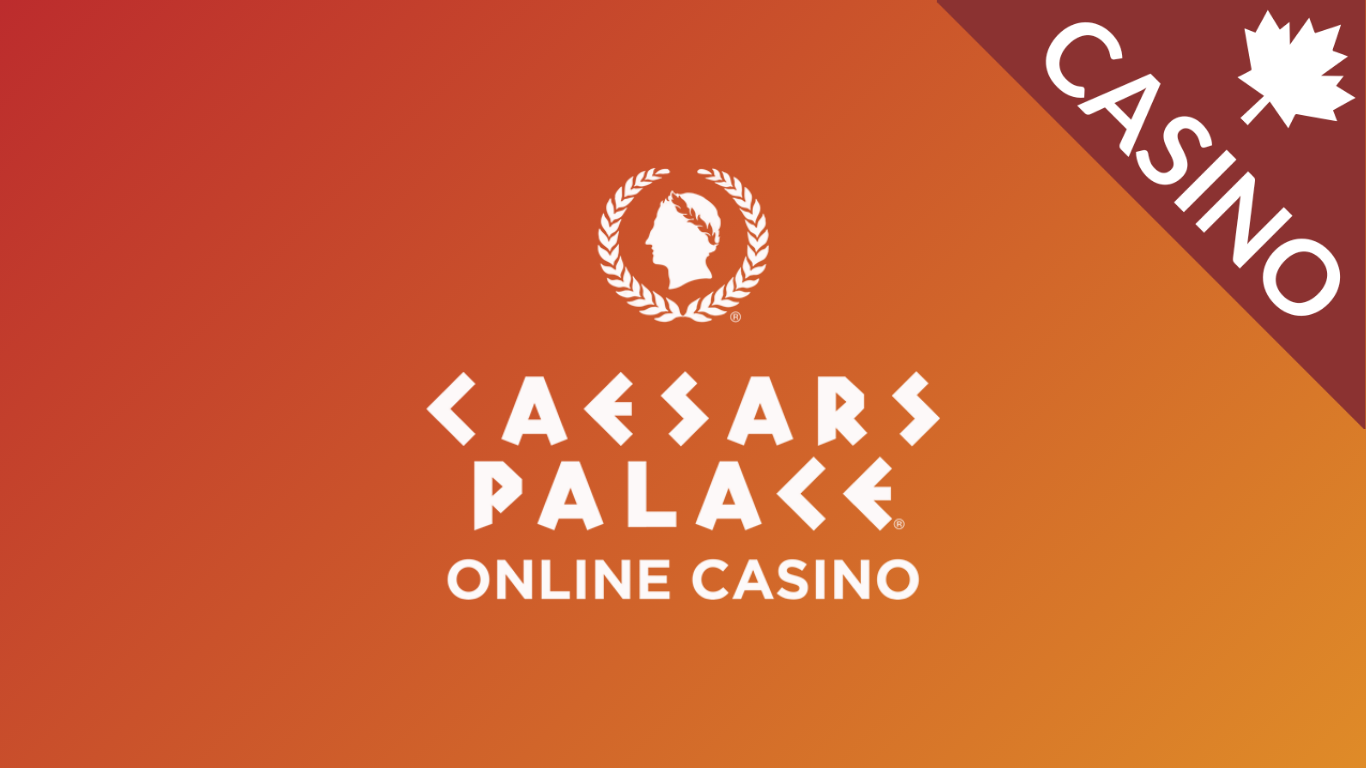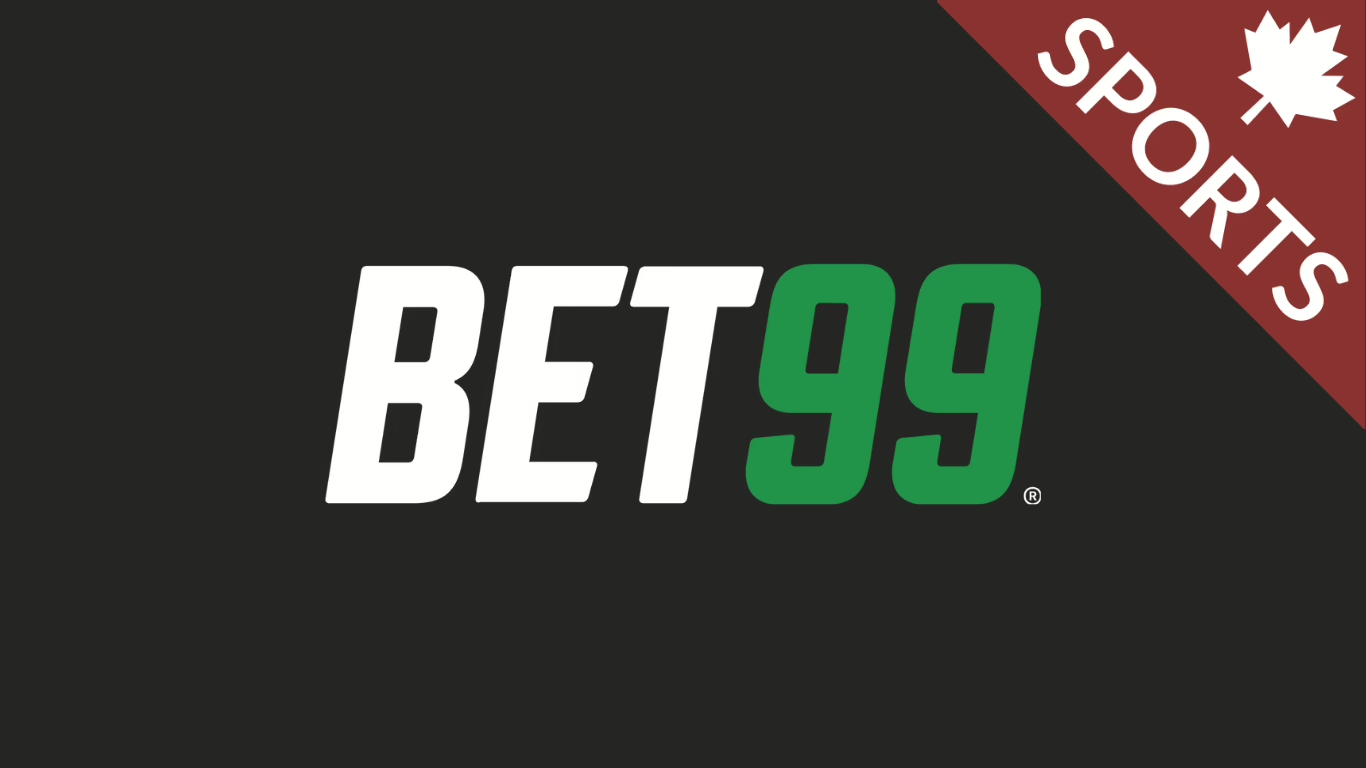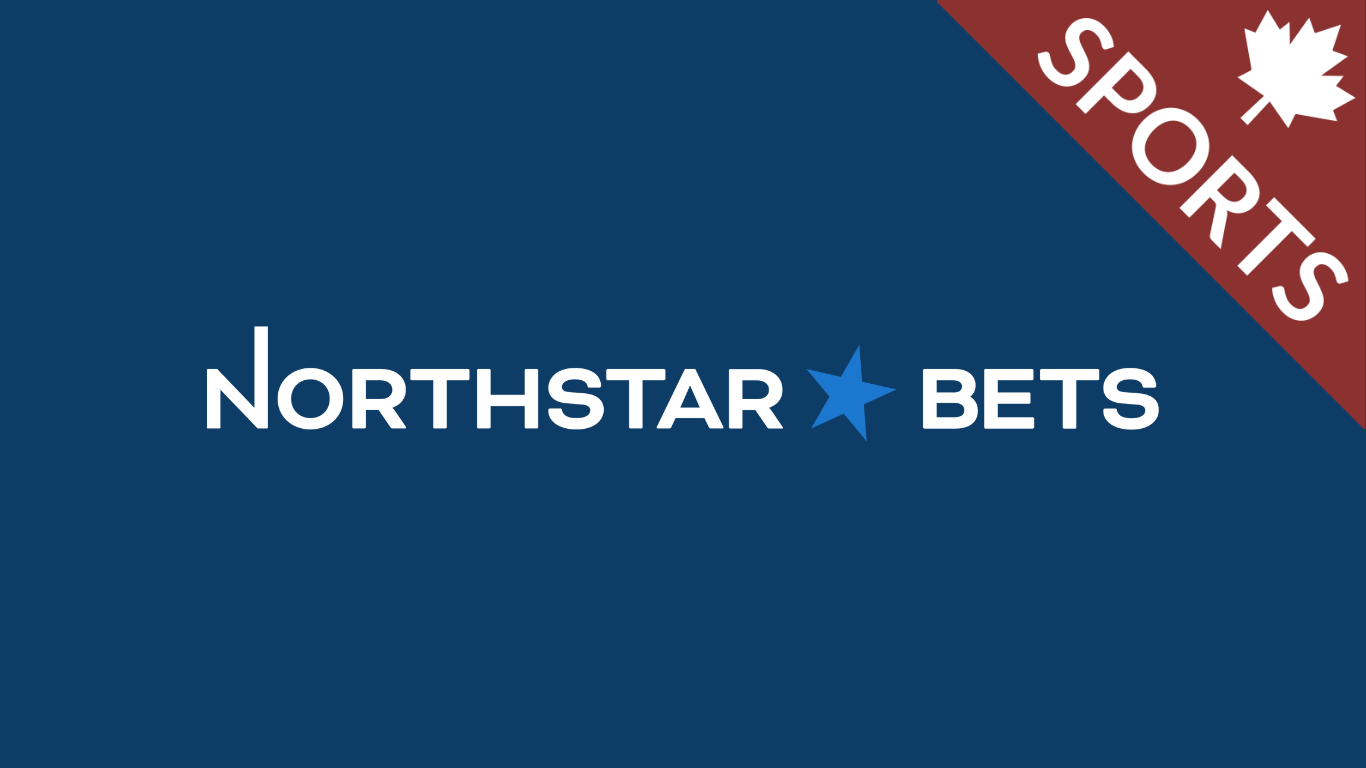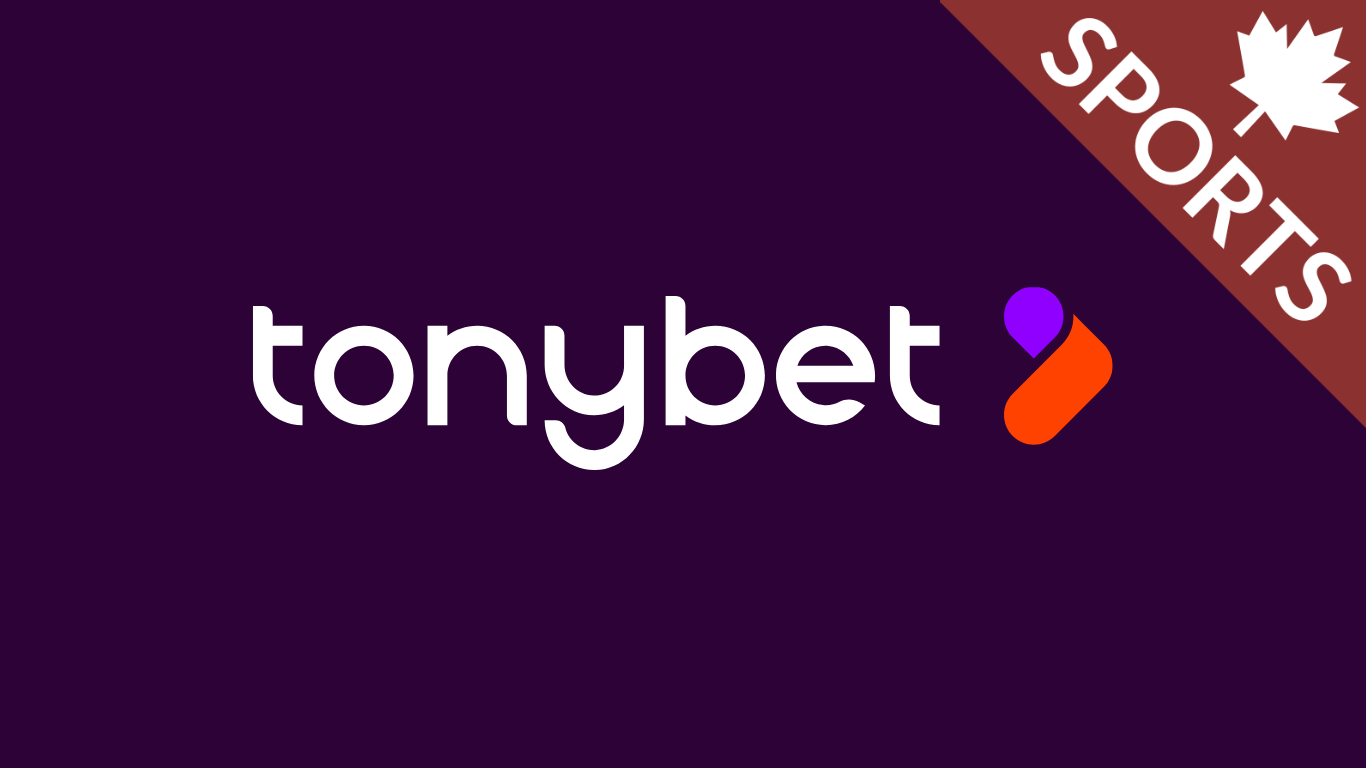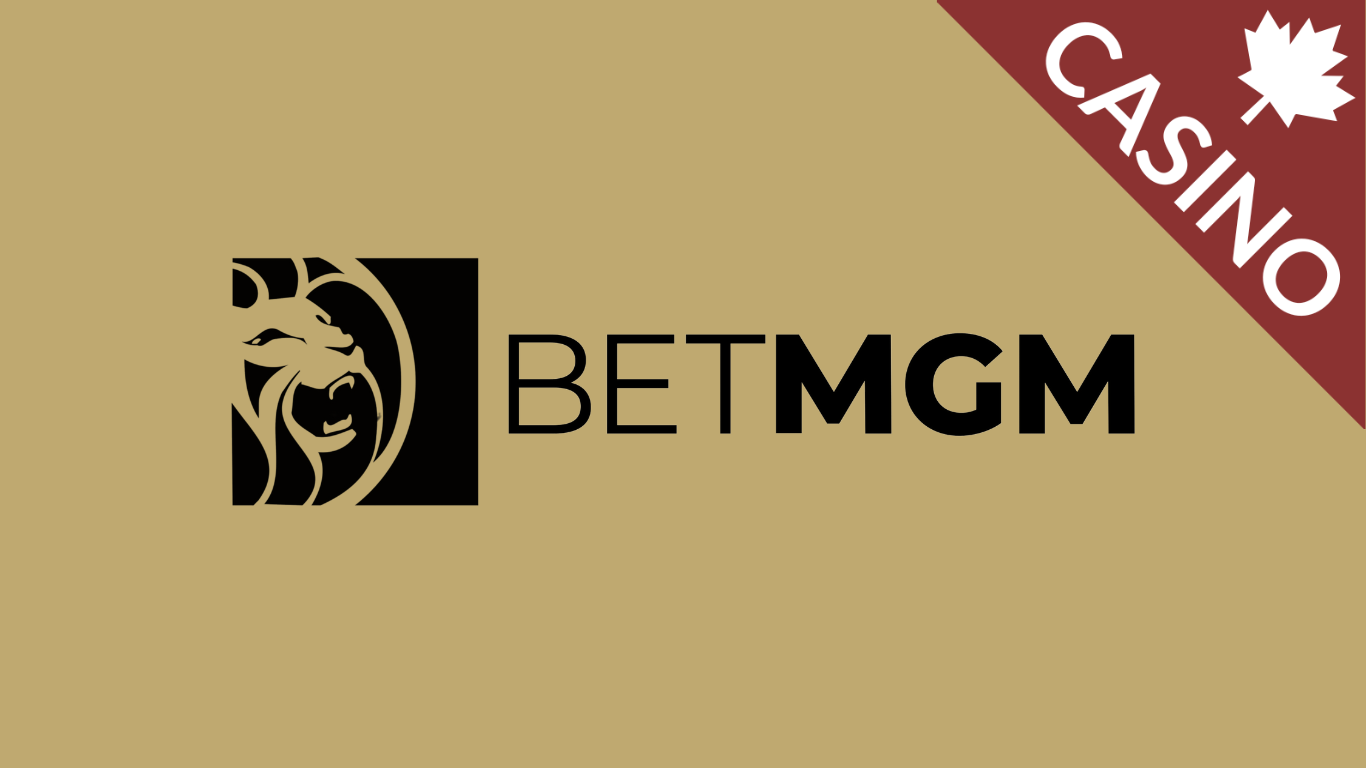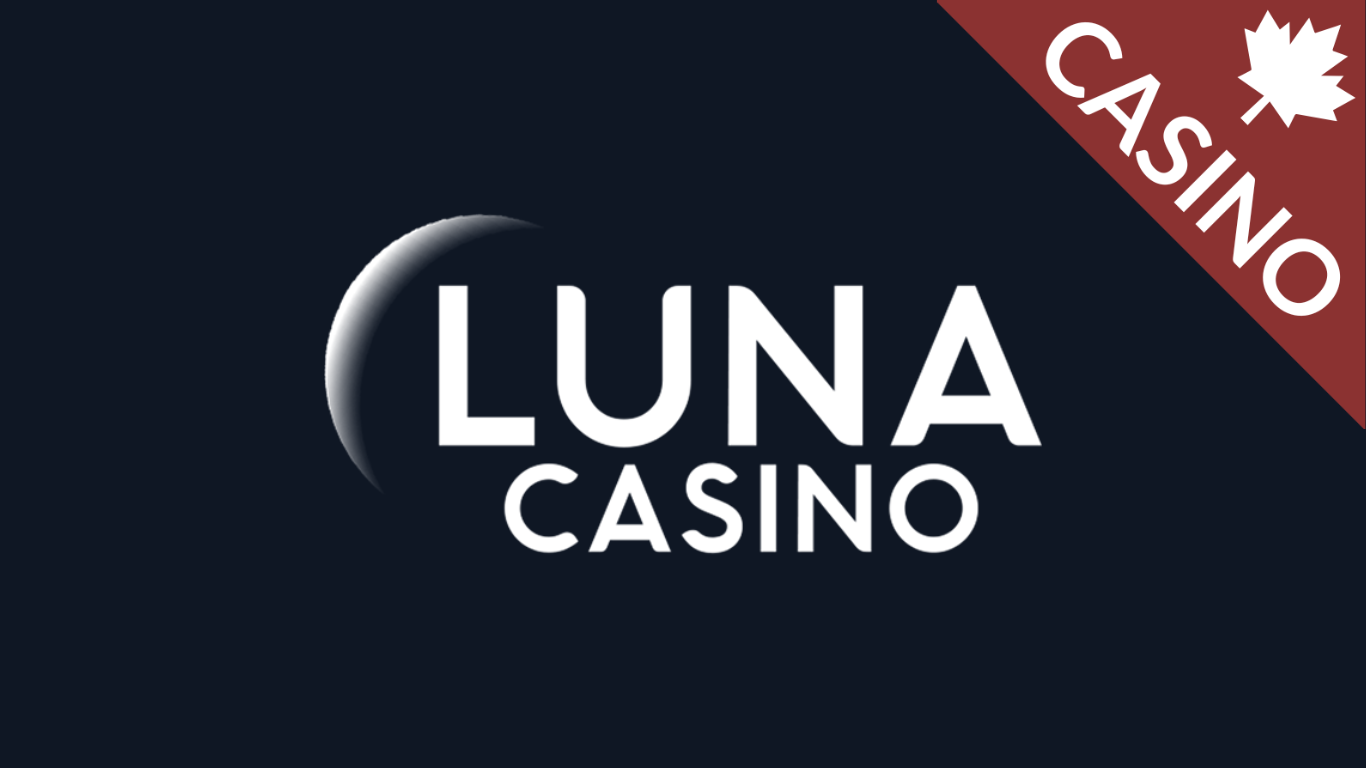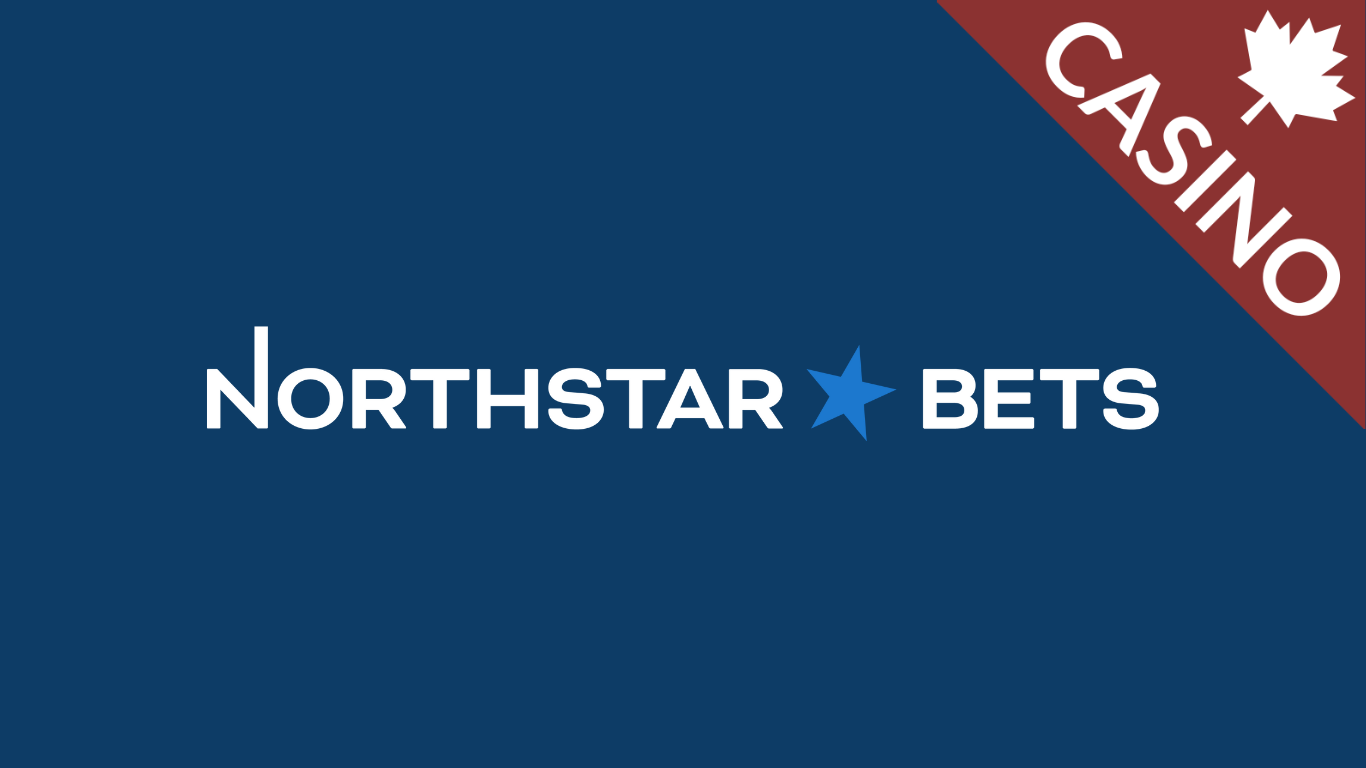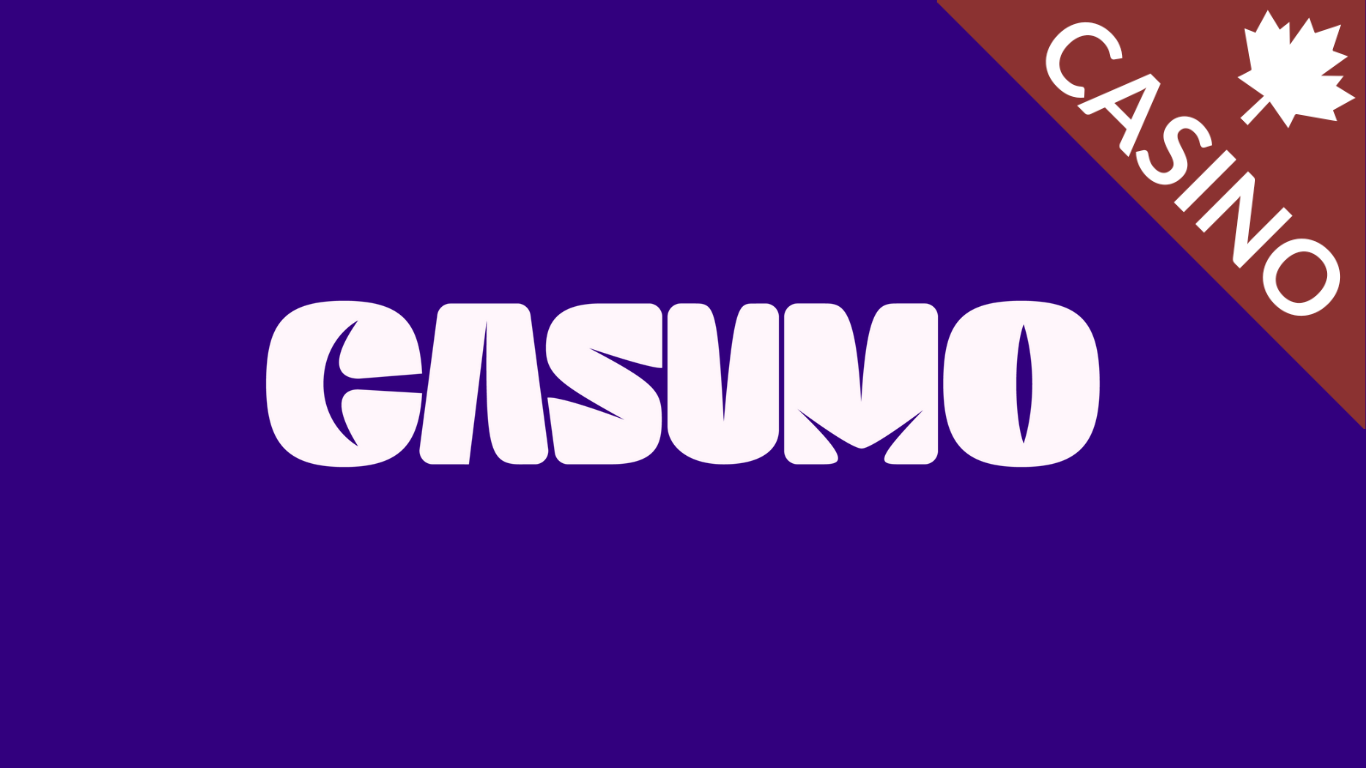Responsible Gambling in Canada
Gambling is a popular activity enjoyed by people across both Canada and the rest of the world. For many, it remains a fun and manageable pastime. However, for some, it can turn into a serious issue with devastating consequences. When gambling becomes excessive, it can lead to financial hardship, strained relationships, and significant emotional distress. This doesn't just affect the individual, but also those closest to them. Recognizing the early signs of a gambling problem is an essential step toward prevention and recovery.
This guide aims to be a valuable resource for anyone grappling with gambling challenges or supporting a loved one facing such struggles. It covers key indicators of problematic behavior, offers actionable steps to regain control, and provides connections to reliable support networks. Whether you're seeking help for yourself or someone you care about, this guide is here to encourage informed decisions and foster a path to a healthier, more stable future.
Recognizing the Signs of Problem Gambling
Gambling addiction doesn’t discriminate and it can impact anyone. Regardless of age, gender, or life circumstances. While the ways it manifests can differ from person to person, especially in those prone to impulsive behaviors or addiction, there are key warning signs that often indicate a problem. Here are some to be aware of:
- Preoccupation with gambling: Spending an excessive amount of time thinking about gambling, planning future bets, or reminiscing about past wins or loses.
- Betting larger amounts: Gradually increasing the size of bets in an attempt to recoup losses or experience the same level of excitement as before.
- Chasing losses: Continuing to gamble in an attempt to recover money lost in previous bets, often leading to further financial losses.
Failed attempts to stop or reduce activity: Feeling unable to control or cut back on gambling despite multiple attempts to do so. - Irritability or mood changes: Becoming increasingly irritable, restless, or anxious when not gambling, and experiencing mood swings related to wins and losses.
- Gambling as a form of escape: Using gambling as a way to escape from stress, anxiety, depression, or other negative emotions.
- Concealing gambling: Hiding the extent of gambling activities from friends, family, or loved ones, including lying about the amount of time or money spent on gambling.
- Jeopardizing relationships or work: Neglecting responsibilities, lying to cover up gambling, or experiencing conflicts with loved ones or colleagues due to gambling-related issues.
- Borrowing money to cover debts: Resorting to borrowing money from friends, family, or financial institutions to cover gambling debts or financial losses.
Identifying these indicators at an early stage is vital as it empowers individuals to intervene proactively before matters exacerbate. By recognizing signs of problematic gambling behavior and reaching out for assistance promptly, individuals can prevent the progression of negative consequences and embark on the path to recovery.
Early intervention enhances the chances of favorable treatment outcomes by facilitating timely access to support services, therapy, or counselling. Addressing gambling issues promptly can also alleviate the financial, emotional, and interpersonal toll they may exact, increasing the chance of a higher quality of life and enhanced well-being in the long run.
Measures to Limit Gambling
Implementing practical measures to limit gambling can help individuals maintain control, avoid risky behaviors, and develop healthier habits over time. Here are some measure to limit gambling:
- Set Financial Limits: Establish how much you feel comfortable and able to spend per week or month, and stick to it consistently, regardless of outcomes.
- Time Management: Similarly to financial limits, allocate a specific timeframe for gambling activities, ensuring they do not interfere with your daily responsibilities or social commitments.
- Self-Exclusion Programs at sportsbooks/casinos: Take control of your time. If you feel you gambling is taking more and more parts of your daily schedule, it’s time to rethink your time management. Self-exclusion Programs are designed to restrict your access to sportsbooks and casinos and, as the name suggests, enrollment in these programs are done voluntarily.
- Other Gambling Control Tools: Most Sportsbooks and Casinos will provide features aimed at encouraging responsible gambling. These features encompass deposit limits, loss limits, and self-exclusion options. Take the time to understand these tools and utilize them to manage and regulate your gambling behavior effectively.
- Keep a Betting Record: Having a detailed record of when, what and how much you gamble is a great way to have a notion of expenses. Also, it helps keep track of your wins and losses, assisting you in future making decisions and avoiding impulse and emotional decisions.
- Find other hobbies: Gambling is just a hobby like others and cannot be treated as THE one. Having other hobbies – such as Cycling, Painting, Playing an instrument, Swimming… – in your life is a great way to take away some time off gambling and see other aspects of life.
- Let a trusted person monitor finances: Let a person you trust be the one who oversees the finance and/or sets limits too you. This way, when necessary, this person can intervene and control your expenses, avoiding financial strain.
- Educate Yourself on Odds, RTP (return to player) percentages and the mechanics of gambling: Understand what each of these are to get a better view of what you are doing when gambling. We have a great article talking about each one and you can access here (hyperlink to How to Practice Safe and Responsible Gambling in Canada)
- Professional Support: If you, or a person you know, is having gambling problems and are unable to set limits and boundaries alone, it’s time to seek professional help. We have here a list of organizations where you can turn for help.
Where to Turn for Help
Gambling Counseling Services
Visit Gambling Therapy
Visit GamTalk
Download the RecoverMe App
RecoverMe is a mobile application aimed to aid users in managing gambling addiction. It integrates cognitive behavioral therapy, mindfulness techniques, and a range of supportive tools to mitigate gambling urges and deter relapses. Use the promotional code RECOVERME100 for a free download.
- Available on the Apple App Store
- Available on the Google Play Store
Center for Addiction and Mental Health (CAMH)
As Canada's premier mental health teaching hospital and a prominent global research institution affiliated with the University of Toronto, CAMH offers comprehensive services:
- Visit www.camh.ca
- Call the CAMH switchboard: From GTA - 416-535-8501, Toll-free - 1-800-463-2338
- To access clinical services: 416-535-8501, press 21
Connex Ontario
Funded by the government of Ontario, ConnexOntario provides free and confidential health services information for people experiencing problems with gambling and other illness by connecting them with services in their area.
- Call 1-866-531-2600
- Live chat and Email options are available in www.connexontario.ca
- This helpline operates 24/7 and offers services in over 170 languages, providing information about local counseling services, booking initial appointments, and offering supportive strategies.
Call a Helpline
Here are toll-free helpline numbers across various Canadian provinces:
- Alberta: 1-866-461-1259
- British Columbia: 1-888-795-6111
- Quebec: 1-800-461-0140
- Manitoba: 1-800-463-1554
- Newfoundland: 1-888-899-4357
- New Brunswick: 1-800-461-1234
- Northwest Territories: 1-800-661-0844
- Nova Scotia: 1-888-347-8888
- Nunavut: 1-800-265-3333
- Ontario: 1-866-531-2600
- Prince Edward Island: 1-855-255-4255
- Saskatchewan: 1-800-306-6789
- Yukon: 1-866-456-3838
